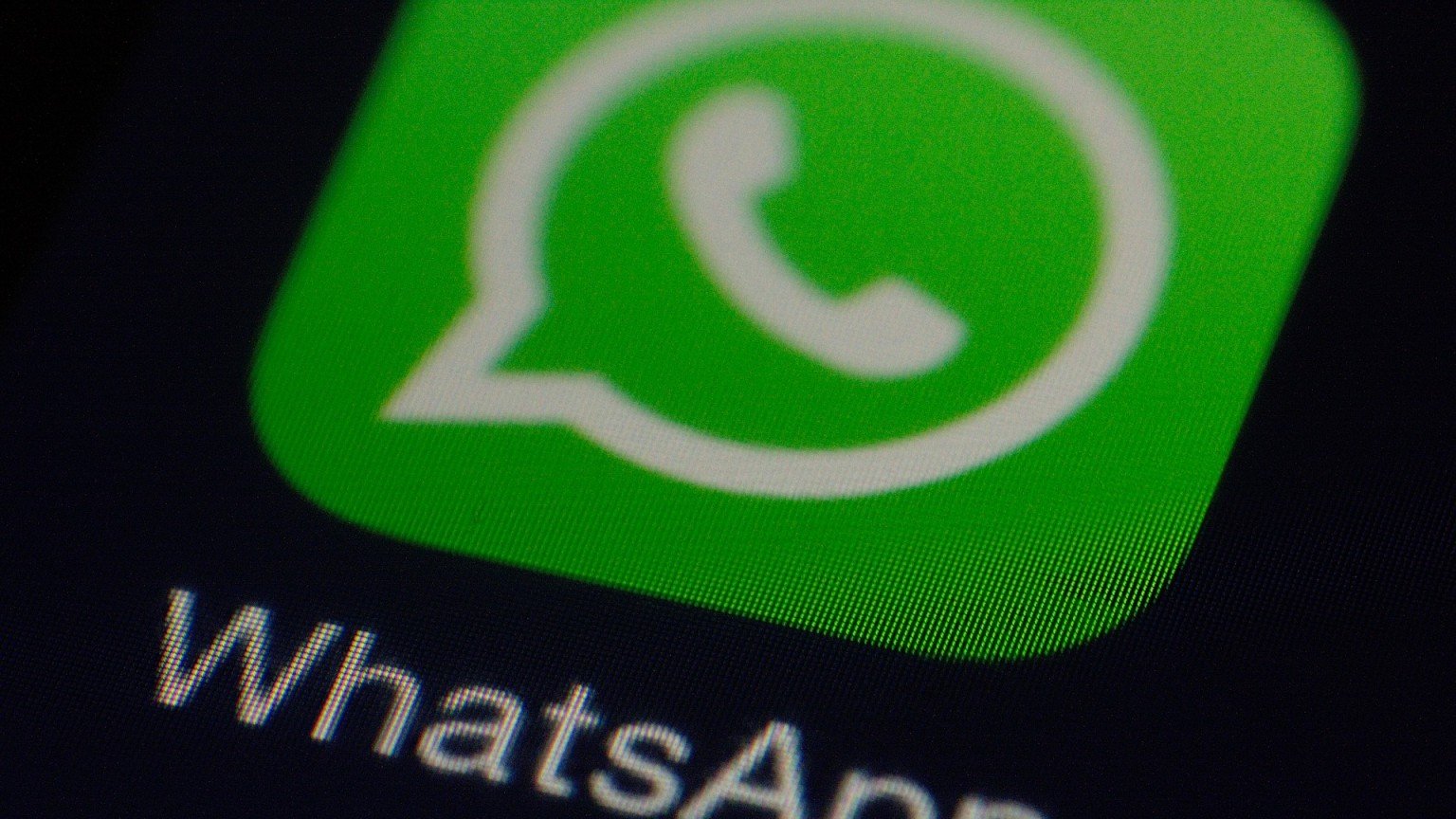The office of Special Inspector General of Police, Maharashtra issued an advisory warning on April 08, 2020. The warning stated that admins of WhatsApp groups along with users could be punished for posting objectionable content on WhatsApp groups. The advisory cited various provisions like Sec. 153A, 153B, 295A, 505, 188 of Indian Penal Code, Sec. 54 of Disaster Management Act and various other sections. Even prior to this advisory there has been media reports. The reports focused on making the group admins liable for any objectionable content. Reports stated that WhatsApp group admins are intermediaries. They have to comply with the guidelines and rules to claim safe harbour protection.
Government and law enforcement agencies face a major issue of disinformation on social media. Illegal executive orders is not an effective way to deal with this. The advisory issued by Maharashtra Police has tried to slap penal provisions upon the group admins. The advisory was not based on any statutory provisions. This is a gross violation of the principles of the penal laws. Even though a group admin has the power to add or remove people. But those powers are limited and that being, admin cannot be made liable unless the group is formed for an illegal purpose.
Is there any law to hold WhatsApp group admin liable?
However, there is no law to hold the admin of any messaging services liable for the content posted by the group members. Any executive order or advisory penalizing the admin for the same, without any statutory backing, will be illegal. Even the provisions of the Bombay Police Act, 1951 does not give police any powers to issue directions for WhatsApp group admins. Henceforth it can not impose a penalty for the non-compliance of such directions. Moreover, in the case of, Sham Sunder and Ors. vs. State of Haryana (1989) the apex court held that “there is no vicarious liability in criminal law unless the statute takes that within its fold”. Furthermore, WhatsApp group admin cannot be held liable because he is not an “intermediary” according to Section 2 of Information Technology Act, 2000.
Disinformation is a major issue in the times of COVID-19 crisis. Coming up with draconian measures is not a solution to the problem because unreasonable restrictions on social media will have chilling effect on the Right to freedom and speech of the citizens. In effect, this could prevent the free disclosure of important information.

